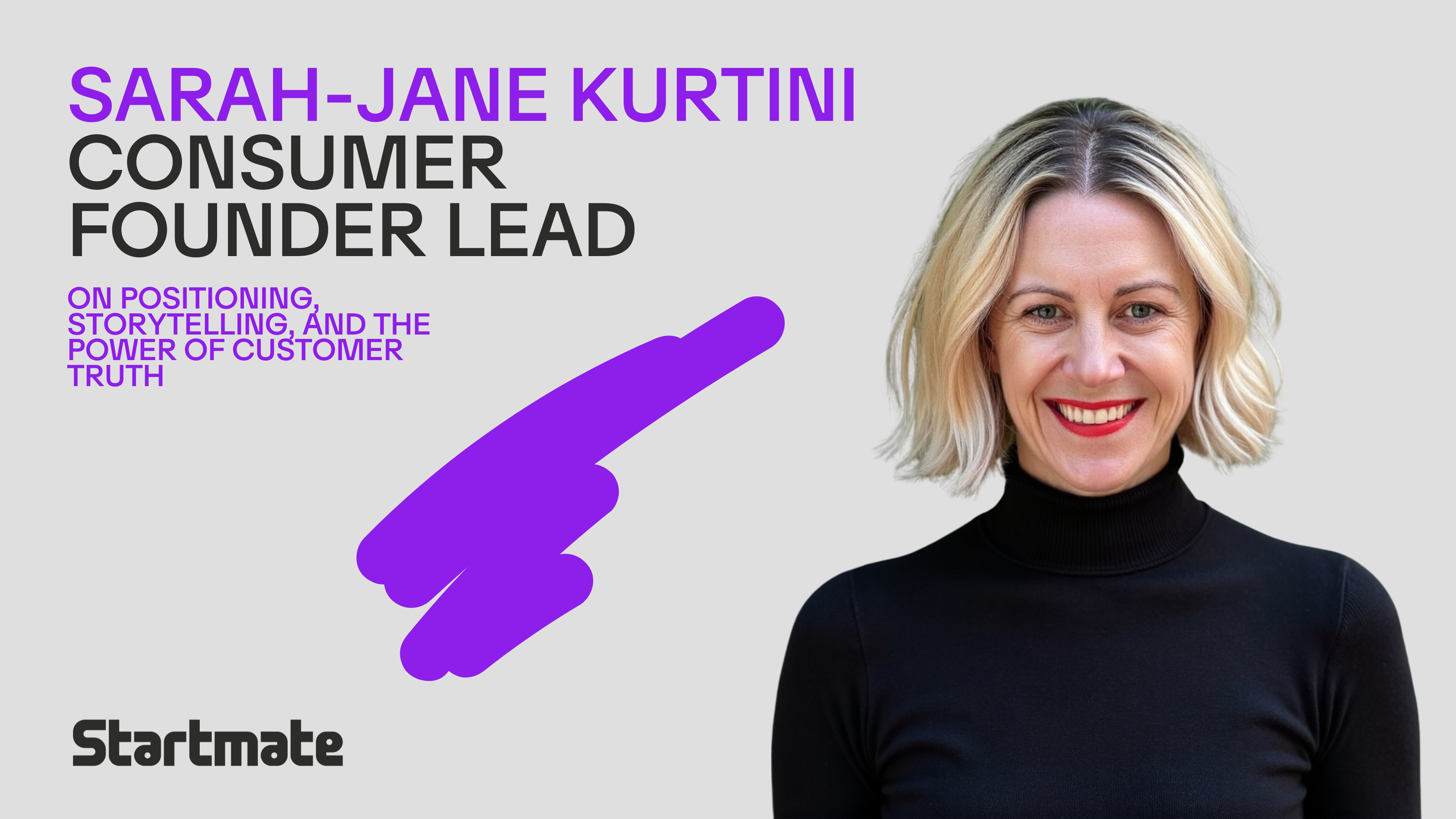When Dr. Anushi Rajapaksa was just 7 years old, she was so terrified of needles that she had to be sedated to receive a simple injection. Now, after 15 years of dedicated research, she and her team have created a breakthrough technology with world-changing potential.
“Misti is a multi-award winning, novel and non-invasive lung delivery system that uses ultrasound waves to turn life-saving biomolecules into a mist that can deliver treatments to the deep lungs.” No needle required.
From providing vital care for emerging respiratory diseases to changing the way we deliver vaccines, Misti has the potential to be a revolutionary technology.
From research to reach
Dr. Rajapaksa has had a lifelong mission to improve healthcare globally. After completing her PhD in Mechanical Aerospace Engineering at Monash University she continued following her passion as a senior researcher at a leading children’s hospital in Melbourne.
She also founded a charity, The Think Project, to help globally deliver life-saving technology to those most in need.
For decades, Dr. Rajapaksa believed it would be her research that would change the world, but when she was accepted into a prestigious accelerator program, everything changed.
She walked into the Medtech actuator as a researcher and she walked out as an entrepreneur - and audience choice award winner at their prestigious Origin program.
“I never wanted to start a company, I always thought that my research would benefit people, but I quickly realised that this is quite challenging in my line of work.”
“When I started the MedTech actuator, I had the vision of giving access to my technology to everyone in the world. That was why I registered my charity, but I realised that my technology was in its infancy. To develop it into a mature stage and have the luxury of giving it away, I would need to get it into the hands of paying customers.”
“It was a mentor who helped me realise that I can’t help everybody unless I build a sustainable commercial business - only then can you actually do the altruistic kinds of activities that benefit humanity.”
The accelerators and programs that Dr. Rajapaksa participated in didn’t just determine the path of her business, they helped to shape it into the company that it is today.
“Many of the people from my accelerators have become strong supporters and advisors.”
“My current mentor from Startmate, for example, has fantastic hardware experience, great sounding board when you have hardware hurdles to jump. They’ve been really hands-on with their help, which has been really good.”
Needle and a spray stack
We all witnessed the havoc that COVID-19 wreaked on our lives and our economies. What if the next pandemic is worse? People will be even more afraid to leave their houses to get treatment. Hospitals will struggle to cope.
“Imagine the case of a severe influenza epidemic; 30 to 50% of the population could become ill. In Australia, that means six million could become clinically ill and there could be over 35,000 deaths. The direct and indirect cost burden could be up to $14.5 billion.”
If everyone had a Misti nebuliser at home, they could receive preventatives or treatments in the mail and administer them themselves, with the guidance of clinicians, reducing their risks of infection and relieving the burden on the healthcare system.
“It could be a method of getting to every single person on the planet really quickly - a matter of hours rather than months.”
“In the future Misti may be able to facilitate the delivery of modern biological medicines, immunotherapies and other treatments. We are also investigating its potential to administer messenger RNA - similar material to what’s in the modern COVID-19 vaccines.”
Pandemic interventions are part of Misti's long-term vision, but their immediate focus is on emerging respiratory illnesses, and especially respiratory syncytial virus (RSV).
Respiratory tract infections are the leading cause of death among children younger than five years of age. Over 200,000 children are hospitalised each year with RSV in Australia. Globally, over 650,000 people die and 3 million are hospitalised from respiratory illnesses.
RSV, and similar conditions, may have no vaccine and often have no accessible treatment options available. The current vaccine options that are available typically require cold chain storage and need to be injected by needle. They could take weeks to travel to the target site and weeks to be effective. Misti offers a way to deliver life-saving biomolecules to help protect children globally, irrespective of where they live.
“If your child is sick and can’t breathe and the hospital is 45 minutes or an hour away, then timing can be really important. Misti can be a way of intervening early and taking the mucus out of your system so that the child can basically breathe until the hospital takes over."
Most of the time when a child is diagnosed with respiratory bugs similar to RSV there is nothing the parents can do except ‘hope’ and wait for the illness to run its natural course.
“MistiI is creating a new nebuliser that, when approved, can be used by children to inhale medicine to help protect against respiratory bugs such as RSV and help their immune system respond effectively to respiratory infections.”
Misti’s novel technology is unique in its ability to reach the deep lung, which is what helps it to treat breathing difficulties. As well as relieving symptoms, the intervention can also reduce recovery times.
“If you intervene early, you can help recover quickly.”
By facilitating early treatment and reaching into the alveolar, deep in the lungs, Misti delivers a new form of treatment to the world, but it also has a range of other advantages over other treatments.
“Humidifiers are not effective. Steam treatments can be dangerous for children. Some nebulisers are not accessible to all as manual dexterity may be required, and most don’t have them at home unless they have a chronic condition. Inhalers contribute to greenhouse emissions and are usually thrown to waste, so Misti is more sustainable than those as well.”
The steam train and the bullet train
Misti's end-goal is to release a regulator-approved (e.g. the Therapeutic Goods of Australia or the TGA), medical-grade nebuliser, and to see Misti being distributed across the planet - but regulatory approval can be a long process so their immediate goal is to release a consumer-grade device in Australia and New Zealand.
“We want to get Misti out into the community and have it deliver the latest medications, but that is going to take time, and in that time we can still help a lot of people.”
“The consumer-grade Misti will also let us gather valuable real-life evidence and user experience data that will help to support the launch of the medical grade Misti.”
The company plans to launch its consumer product in early 2024 and in 2025 they hope to obtain the regulatory approval required to launch Misti globally in 2026.
They’ll also continue to perfect the product to make it low-cost and more sustainable.
“The current version is compact but still requires a small battery to operate, but in the future, the battery will disappear.”
“We want Misti to fit in the palm of your hand and be powered by your mobile phone. We want to bring the hospital to the home and make this technology accessible to anyone and everyone.”
With Misti picking up awards and government grants at a rate of knots, it looks like Dr Rajapaksa is on track to seeing her dreams come true. When that happens, we’ll all be able to breathe a collective sigh of relief.






%204.webp)
.png)
